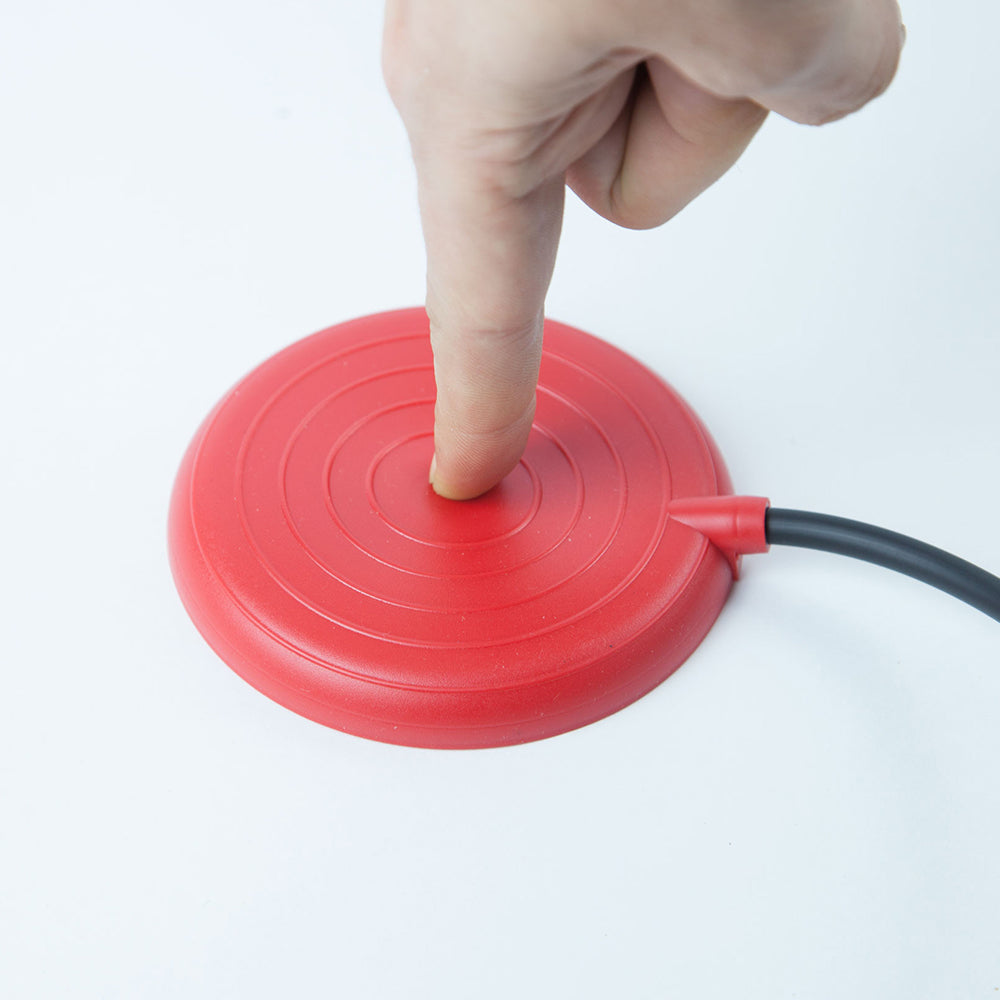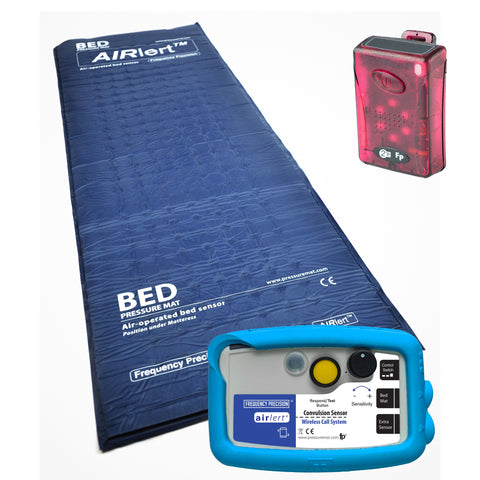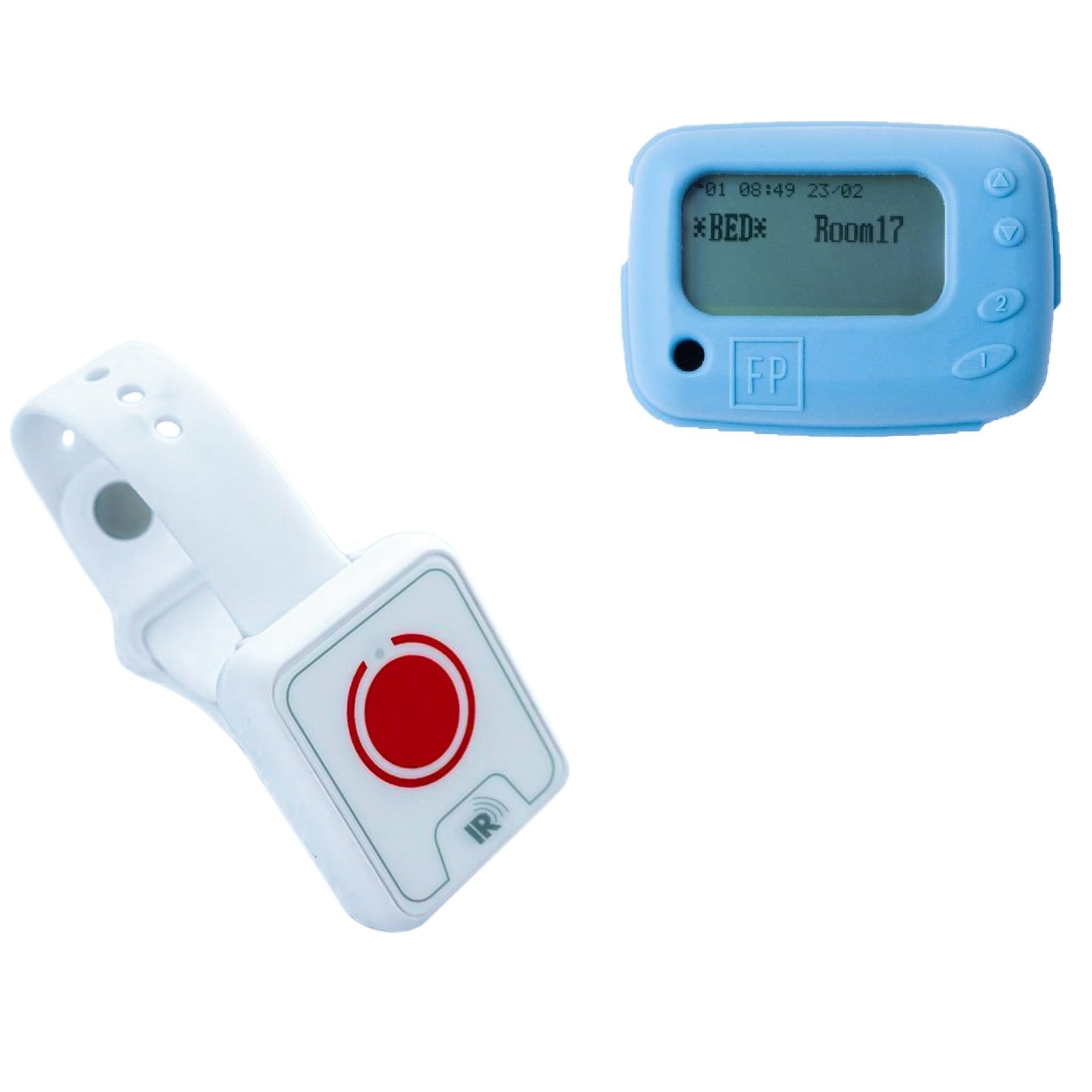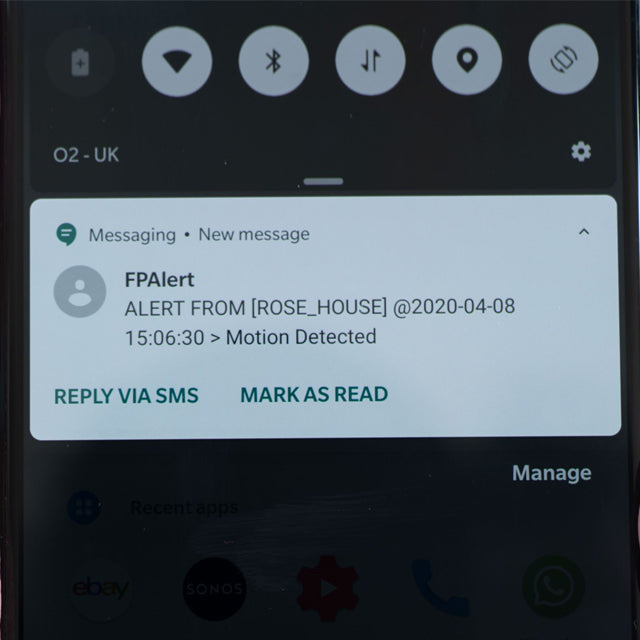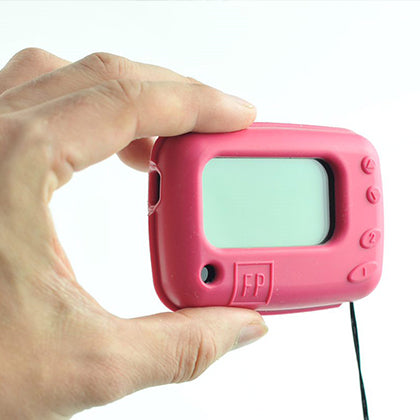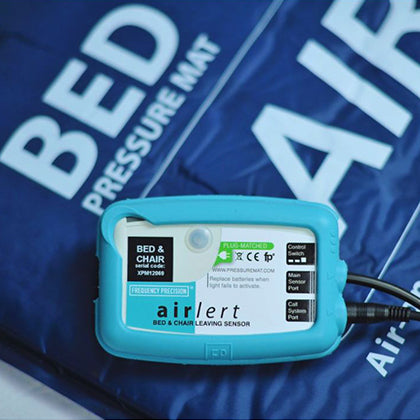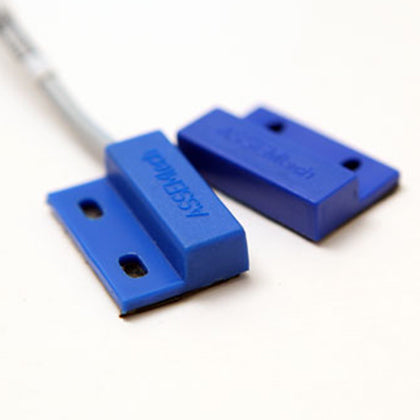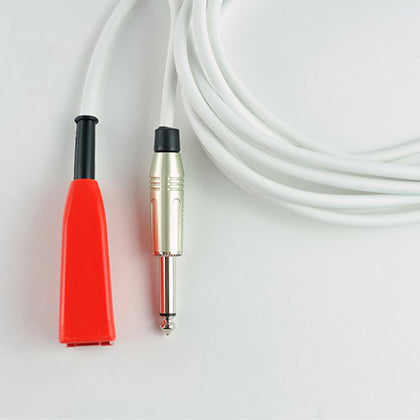Caring for your loved one with Alzheimer’s can feel good because you’re there to help them out. However, the pressure and challenges can also make you feel overwhelmed. This is because this illness can make the people you love lose their ability to remember, make decisions, use their judgements, and care for themselves.
And as time passes, their condition degenerates, which makes them even more dependent on you.
So, here’s a guide for you to help you take care of your loved ones with Alzheimer’s:
Coping With Wandering For Alzheimer’s Patients
Wandering is one of the major symptoms of this condition. And as an at-home caregiver, you’ll need to find a way to prevent your loved ones from wandering off and limit their movement, so they don’t become lost. That will help you keep your loved one safe and give you both peace of mind.
So, you’ll need to ensure that your elderly loved one always carries an ID, a wearable tracker with GPS, and an emergency call button. This way, they can call for help if they become lost, or someone who finds them can contact you. In this case, one-button call devices with GPS are one of the best options.

Wireless Window And Door Alarms For Elderly Care
So to keep your loved ones safe from wandering or hurting themselves on walks and strolls, you can limit their movement by installing windows and door alarms with alerts. This can help you prevent them from wandering off on their own unsupervised. These alarms are quite discrete and won’t even emit a sound that’ll make your elderly loved one feel claustrophobic in their own home.
And you should get them for the windows if your elderly lives in a bedroom on the first or second floor. This is because an open window can be a hazard in their condition if they attempt to lean out too far.
Coping With Aggression And Agitation
Your elderly loved one may feel agitated sometimes. And it can be quite difficult to calm them down in this scenario. This can be due to stress, too little sleep, soiled diaper, or constipation. This can also be due to a change in environment or routine. So, you can try to limit the changes in their routine, spend time with them, and make them feel comfortable as possible.
Another way you can ensure that is they’re well-rested from a night’s sleep. And this can become difficult if they leave their beds in the middle of the night. So, you can install bed sensors for dementia or Alzheimer’s patients that’ll alert you when they leave the bed and don’t return after some time. And you’ll be able to get them back into bed so they can rest.

Get Quality Assistive Care Devices For Your Loved Ones At Frequency Precision
If you’re looking for quality assistive care devices for your elderly loved ones, check out the collection at our online store at Frequency Precision.
We have many assistive care devices like chair alarms for hospital use, one of the best assistive care systems with fall detection, and wireless convulsion sensor mats. Get in touch with us now for more information.

